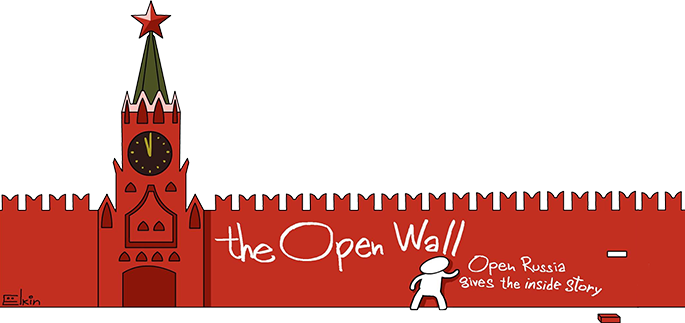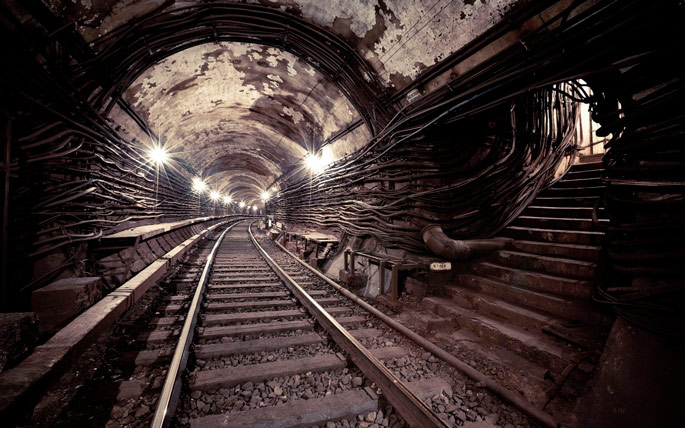Going Underground

Going Underground
No, this is nothing to do with the Moscow Metro, it’s about that most traditional phenomenon of Russian society – the parallel universe, the alternative to what we see on the street and on TV. In this case, the world of NGOs.

The Ministry of Justice has added two further organisations to the register of NGOs classed as foreign agents. One of these is the Committee for the Prevention of Torture.
Headed by Igor Kalyapin, the Committee for the Prevention of Torture was established in the summer of 2015 after the dissolution of a similar human rights body – the Committee Against Torture, an interregional public organisation that refused to operate under the “foreign agent” label.
Kalyapin has made a statement about the new practice of branding undesirable organisations “foreign agents”, which allows the regime to slap any opponent with this label and effectively shut down their activities.
Kalyapin declared that his organisation was prepared to refuse to comply with the regime’s demands, and yet intended to continue its work. This is the first time the head of a large and well-known human rights organisation has made a direct promise to transition to a semi-underground mode of functioning in response to the regime’s repressive measures.
“It’s crazy that it’s the Ministry of Justice that’s behind these games”
The Presidential Council for Civil Society and Human Rights is highly concerned by the Ministry of Justice’s decision. “What they’re doing to the Committee for the Prevention of Torture is playing these games with the law. And it’s crazy that it’s the Ministry of Justice that’s behind these games,” said Alexander Verkhovsky, Council member and head of the SOVA Centre for Information and Analysis.
Pavel Chikov, head of Agora, the interregional human rights association, commented on these events in a Facebook post:
“NGOs and media organisations are becoming meaningless in Russia… The Ministry of Justice has already made the administrative barrier to NGO activities a de facto prohibitive one. It’s already easier, cheaper and safer to work without being registered, or simply to operate as an organisation-less individual, or else as an individual entrepreneur or a commercial organization. And this encompasses any public work, because in a globalised world it is impossible to rule out being in contact with colleagues from abroad – whether in science, business, technology or the media.
“Generally speaking, I’d strongly recommend phasing out the activities of non-profit organisations. The same fate awaits registered media organisations. Various impediments to their work will loom ever larger.
“Concentrate on keeping your work, resources and team afloat. Seek out more flexible forms of functioning. Avoid traps, operate unofficially.”
Open Russia has consistently advocated the obstruction of illegal laws, and clearly this belief of ours is enjoying increasing support. As you can see from the above, the Russian Opposition is set to become like the French Resistance – you might not see us, but you’ll still know all about us.



